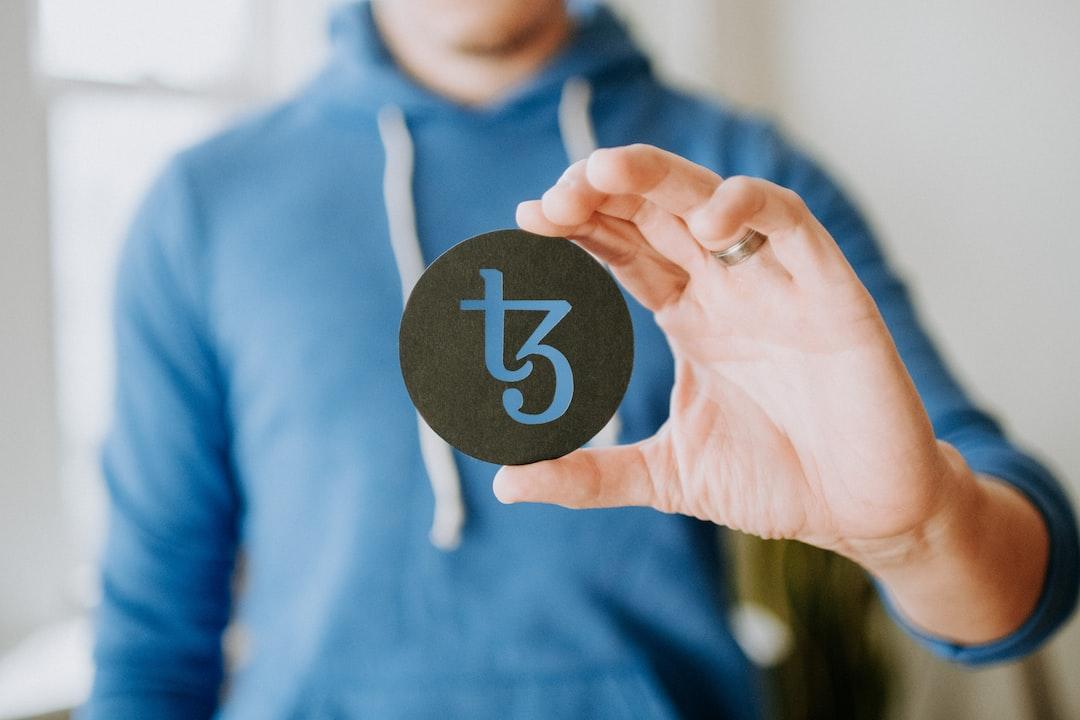Coinbase-backed Ethereum layer-2 network, Base, has been experiencing a significant increase in transaction per second (TPS) throughput, reaching as high as 300-400 TPS without any issues, according to Jesse Pollak, the firm’s head of protocols. However, Chainspect has reported that Base has a real-time TPS of 26.8 and a maximum recorded TPS of 292. L2Beat, a layer-2 ecosystem analytics platform, noted that Base’s average transactions per second peaked at 37 on April 8, more than double Ethereum’s 14 TPS.
In response to Pollak’s post, a pseudonymous trader named Wazz claimed that if the observations were accurate, Base’s TPS could be similar to the Solana network. Wazz also mentioned that around 60% of Solana’s reported 1,000 TPS were failed transactions, suggesting that the actual TPS was closer to 400. However, Helius Labs CEO Mert Mumtaz questioned Pollak’s TPS figures, stating that failed transactions were not included in the Base figures. According to Mumtaz, the largest Base block in the data provided had 94% failed transactions, resulting in a real TPS of 41.
These findings have intensified the tensions between Ethereum layer-2 scaling solutions and supporters of the Solana network. Recently, Solana has faced complaints regarding degraded user experience, failing transactions, and other reliability issues. Mumtaz has previously stated that Solana’s issues are not due to a fundamental design flaw but rather a specific implementation bug in the networking protocol. Additionally, several Solana project launches have been delayed due to ongoing network congestion.
Meanwhile, Base has experienced a surge in network activity, primarily driven by the memecoin frenzy. The total value locked (TVL) on the Base network reached an all-time high of $1.5 billion on April 9, representing a 235% increase since the beginning of the year as memecoin enthusiasts flocked to the network. However, an in-depth analysis of new memecoins on Base revealed that over 90% had security vulnerabilities, while 17% were outright scams.

